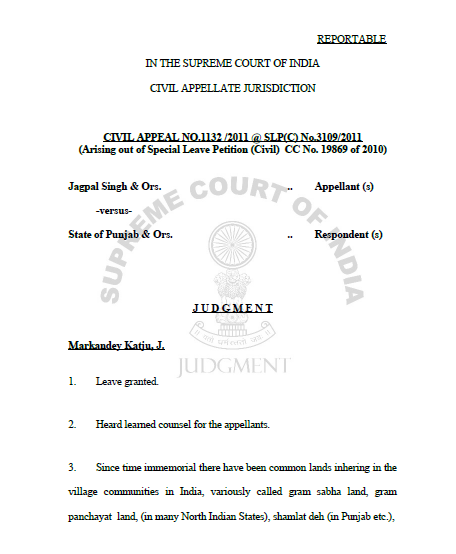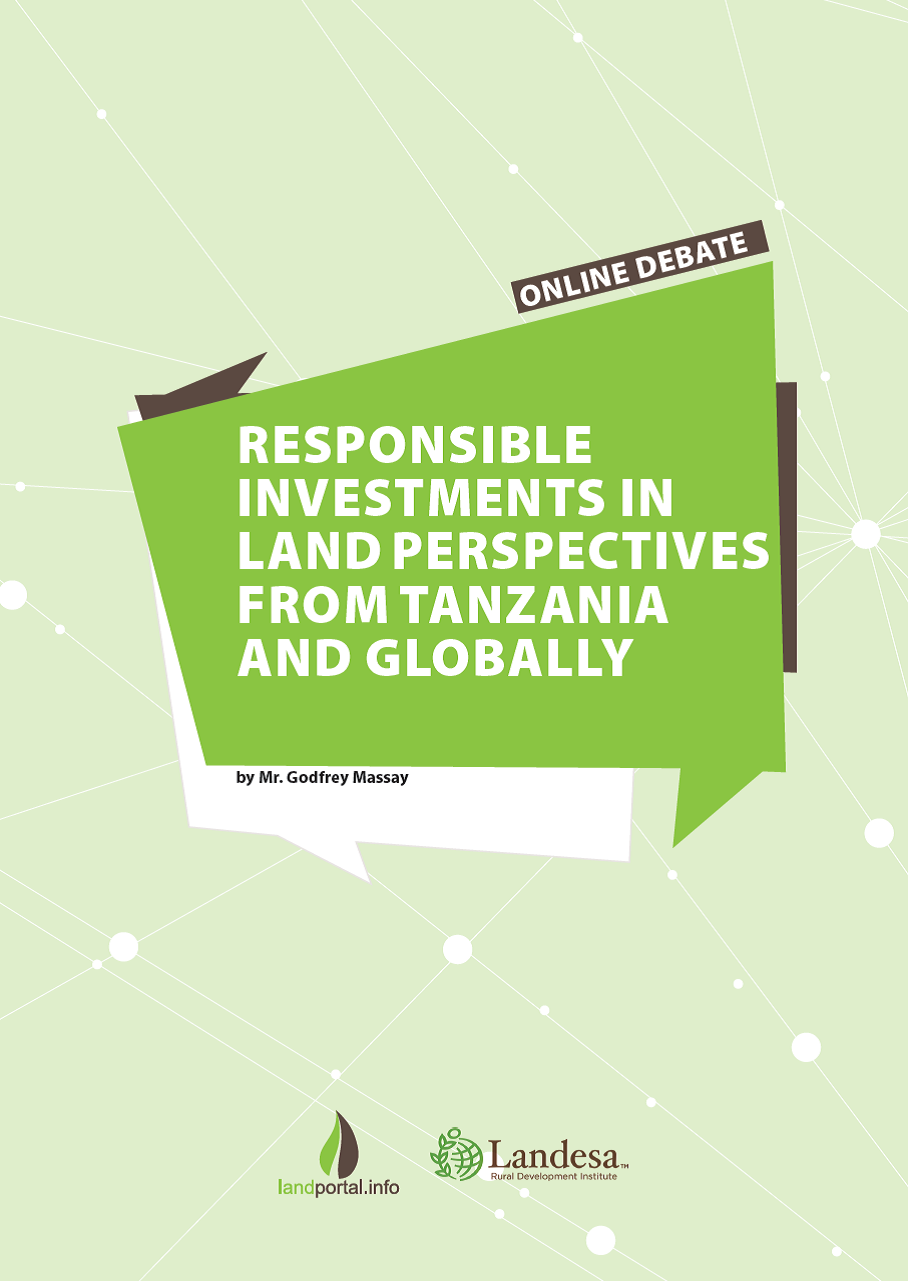Why green grabs don't work in Papua New Guinea
In recent years, private companies have acquired long-term leasehold titles to more than five million hectares of what was formerly customary land in Papua New Guinea (PNG), but hardly any of this land has been devoted to production of the four green commodities in which PNG might have some comparative advantage – sustainable palm oil, bio-ethanol, biodiversity and carbon credits. Nearly all of it is dedicated to so-called ‘agro forestry’ projects that appear to be short-term salvage logging projects justified by the promise of a purely virtual form of large-scale agricultural production.





